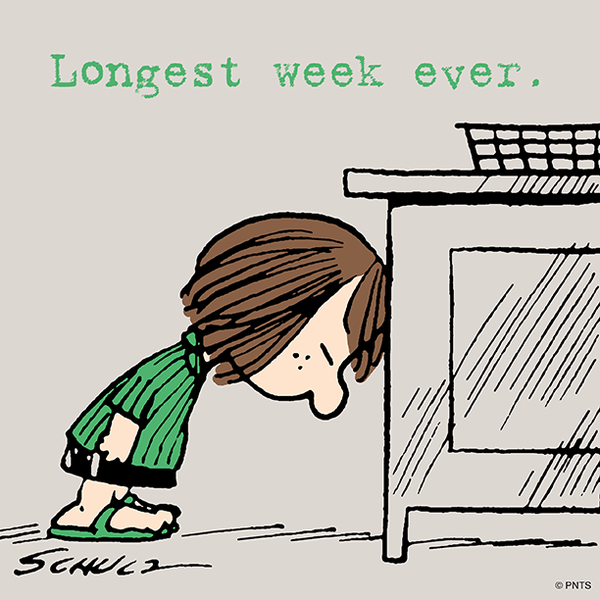This post is part of Aid to Zen – A Quick Guide to Surviving Aid Work from A to Z by Alessandra Pigni.
Most of us work for an organisation: we are at once colleagues and employees, some may be managers, consultants or researchers. Many aid workers are helping their fellow people, as well as needing support and protection when fleeing violence in their own country.
Many of the organisations we work for have a high turnover and go through periodic re-structuring. What is often missing from such restructuring is the reshaping of human relations. Over the years I’ve come to see relations as the core of our work: relations are more important (or at least as important) than the tasks we perform, sometimes they are the “task” we perform. Relations shape our work in the world. Humanitarian organisations are made of relations within the office and with the communities we aim to serve, and the former can be more challenging than the latter.
 A recent episode struck me: M. is a woman close to retirement age who has been working
A recent episode struck me: M. is a woman close to retirement age who has been working
for a faith-based organisation for several years. With no explanation from her manager, from one day to the next, she was asked not to come to work. She was shattered: she felt humiliated and used. After attending with love and care to the work of the organisation for several years, she was discarded like a pair of old shoes. Her lawyer is now dealing with the case. I know that many aid workers have felt the same and the experience is all the more painful when we face a mismatch between stated organisational values and office behaviours. Just like my friend did.
I observed a number of characteristics that shape the work environment of burnout-prone
organisations, workplaces where people often feel used and end up exhausted, unhappy and cynical. These traits are typical of many aid organisations which nowadays combine corporate strategy, with charity ethos – which sadly translates into: “work hard, and don’t have demands, others have it worse than you do.” A good recipe for burnout.
Researchers Christina Maslach and Michael Leiter list six areas that can lead to burnout:
1. Work overload: a job description with tasks for three people…done by one person
2. Lack of control over our work: nagging boss, controlling donors and mindless meetings.
3. Insufficient rewards: for some it is low pay, for many it is a lack of appreciation. For others it’s both.
4. Workplace community problems, such as incivility and a lack of support among co-workers: when your manager harasses you and your colleague is a bully. It doesn’t have to be this bad, but sometimes it is.
5. Lack of fairness in areas such as inequality of pay, promotions or workload: that thorny divide between “national” and “expat” staff. No matter how you rebrand it, it’s there.
6. A conflict between one’s personal values and the requirements of a job: empowerment, sustainability and fairness – often not in the office.
Do any of these “office traits” sound familiar? Does your organisation understand staff care as something that grows from within the organisation, or is it just a set of top-down policies and mandatory training? Does staff care entail respect, civility and fairness in the office? The answer to these questions may offer an insight into the kind of organisation you work for and the decisions you may need to face in the future if you want to stick around humanitarian work.
***
What to watch:
Seth Godin: The tribes we lead

